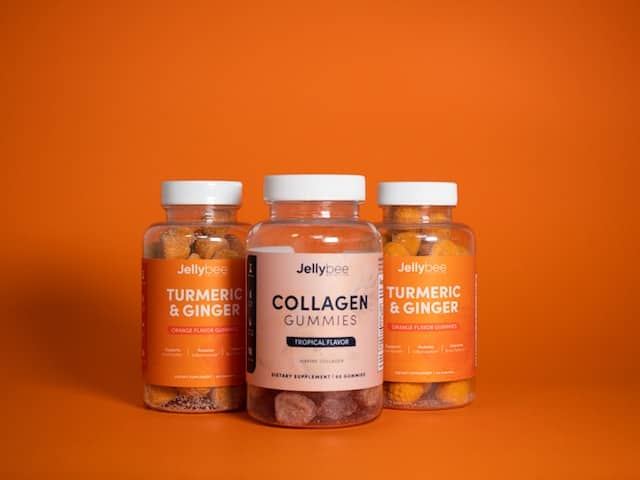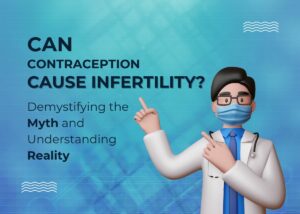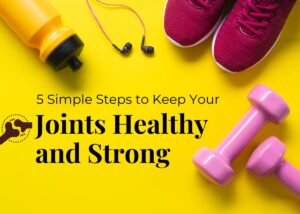A food supplement is a food product intended to supplement the normal diet and which, alone or in combination with other substances, is a concentrated source of nutrients or other substances with a nutritional or physiological effect.
Table of Contents
Food supplements are found in various dosage forms – capsules, pills, tablets, and other similar forms. Supplements are also classified as food but are intended only to supplement the normal diet and should not be used as a substitute for food.
People consume dietary supplements to support their health and well-being. However, almost every Lithuanian has an opinion about food supplements. Of course, opinions differ widely when discussing the use of dietary supplements: some suggest that supplements should not be included in the daily diet, while others compare them to sweets.
So, in this article, we will know about some myths related to supplements and why a lot of them are not as good as they claim to be. On another side, there are supplements, which have a great impact on our health, and also its effectiveness is based on various scientific researches.
1st myth: Vitamin C does not prevent cold
Many people believe that vitamin C can prevent a cold. However, scientists need more pieces of evidence to justify this fact. To date, we know that starting to take vitamin C every day to protect ourselves from cold won’t prevent a cold.
For instance, scientists from the Cochrane Collaboration – an international network of researchers – analyzed to prove a fact: can large doses of vitamin C protect against colds or relieve the symptoms. To prove this fact and make a conclusion, scientists analyzed 29 studies comparing products with vitamin C with a product that didn’t contain vitamin C (a placebo).
According to the review, more than 11,000 children and adults were tested to find out if the daily use of at least 200 mg of Vitamin C prevents colds. The majority of the studies tested a daily dose of 1,000 or more milligrams of vitamin C.
The goal of this Cochrane Collaboration review is to find out if vitamin C used either daily before cold symptoms or either at the onset of cold symptoms can reduce the number of sick people, the duration, and severity of cold. In conclusion, the scientists found out that daily intake of supplements containing vitamin C before the illness cannot prevent cold.
But regular intake of vitamin C can reduce the severity and the duration of the cold. In other words, taking vitamin C every day over a long period can shorten the duration of the cold by about 10 percent, for instance, a cold lasted just nine days instead of ten days.
Moreover, as mentioned above, people, who took supplements containing vitamin C, had milder symptoms of cold in comparison to people, who did not use these supplements.
It also should be mentioned that vitamin C did not shorten the duration of sickness in people, who started taking it only after they started to feel cold symptoms. All in all, vitamin C did not prevent cold but can reduce symptoms and duration of sickness. Also, the intake of vitamin C at the onset of cold symptoms does not have any impact on the facilitation of symptoms.
2nd myth: Everything “natural” is natural
The term “natural” sometimes can be meaningless if you are talking about the effectiveness of a supplement. It is a fact that some natural plant or algae chemical compounds do have medicinal properties, but in the pharmacy when large quantities of drugs are made, chemical or synthetic method of producing bioactive compounds is also used.
It is really difficult and expensive to extract an enormous quantity of chemical compounds only from plants or microalgae. For instance, if medical compounds are found in different plant organs, we should also think about dilution.
As a consumer, you might ask how much of the plant compound remains in the final product? It might be a minimal trace. Moreover, natural supplements usually list plant or animal-based sources in the label. Supplements that list nutrients individually, such as vitamin A, or α-tocopherol, can be synthetic. All in all, as a consumer, you should always be critical and read the label.
3rd myth: Vitamin D prevents cancer
Scientists conducted some studies to find out if vitamin D can help to reduce the risk of cancer. The results of the study conducted in 2019 show that there is still no clear evidence that vitamin D has a beneficial anti-cancer effect. To prove this fact and make a conclusion, scientists investigated more than 25000 participants, who used products with vitamin D in comparison with people who used a product that did not contain vitamin D (a placebo).
According to the review, vitamin D did not show a lower incidence of invasive cancer or cardiovascular events than placebo. However, scientists in 2020, concluded that vitamin D can reduce cancer severity.
However, as mentioned above, there are also good supplements that have a great impact on our health, and also its effectiveness is based on scientific research. In this article, two scientifically proven supplements are presented.
1st fact: NMN can prolong our lives
Nicotinamide ribonucleotide (NMN), which is a primary compound of nicotinamide adenine dinucleotide (NAD+). NAD+ is required for cell growth, energy metabolism, stress resistance, inflammation. In the organism, NMN is rapidly absorbed and converted to NAD+. In numerous studies, supplementation with NMN has increased NAD+ biosynthesis, suppressed age-related adipose tissue inflammation, enhanced insulin secretion, improved mitochondrial function, and improved neuronal function in the brain.
Also, scientists believe that the decline of NAD+ can induce many of the aging-related problems. Scientists concluded that NMN pills taken orally can enhance the activity of antioxidant enzymes, release anti-inflammatory proteins, reduce hydrogen peroxide production, decrease inflammatory proteins, and slow down aging processes in our body.
2nd fact: Astaxanthin is really strong antioxidant
Another good, scientifically proven and effective supplement is astaxanthin. For instance, in 2014, 280 tons of synthetic and natural astaxanthin were used in pharmacy, with a total value of $447 million.
Astaxanthin is a strong antioxidant that protects cells from free radicals or Reactive oxygen species (ROS). Reactive oxygen species (ROS) are very dangerous for our bodies. Reactive oxygen species (ROS) describe reactive molecules and free radicals derived from molecular oxygen. There are many ROS forms, including the well-known compound hydrogen peroxide.
Based on a study conducted in 2021 and presented in the Journal of Inflammation – Research, ROS can cause degradation of collagen fibers, increased inflammation, DNA damage, and even skin cancer.
So, astaxanthin can decrease the number of ROS in the organism, and is a much stronger antioxidant than vitamin A, vitamin C, and β-carotene. The efficacy of astaxanthin has been demonstrated in vivo and in vitro studies with animals and even humans.







